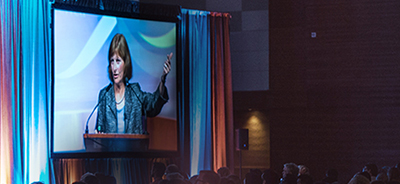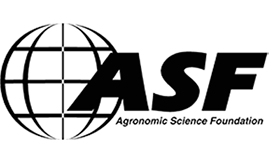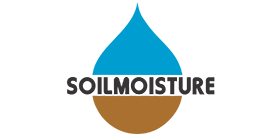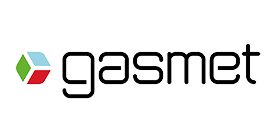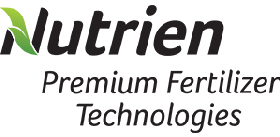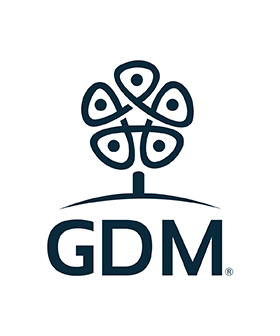Welcome to the premier gathering for agronomic, crop, soil, and related science professionals!
Explore the 2022 Baltimore Online Meeting Platform.
View open access programs from past Annual Meetings.
register online now.
Registration gives you access the platform so you can build your agenda, access sessions, and network with colleagues.-->
Trending Symposia 2022 AM
With hundreds of sessions of innovative research and thousands of abstracts, plus professional tours and workshops, there’s so much to take advantage of at the 2022 International Annual Meeting! Here’s just a few trending symposia.
Annual Meeting Sessions Focused on Diversity, Equity, and Inclusion (DEI)
Diversity, equity, and inclusion are a central focus in the ASA, CSSA, and SSSA strategic plans and are critical to providing a safe, welcoming, and innovative environment for everyone across our Societies. Review the sessions at the 2022 Annual Meeting focused on DEI.
Special Sessions
A Special Session is a session/symposium presented at the Annual Meetings that does not fit into a division/community program. It is typically broader in scope, and the interest and subject matter may cross multiple divisions, communities, or societies.
Cover Crop Tour of Maryland’s Eastern Shore – organized by Sarah Hirsh, University of Maryland 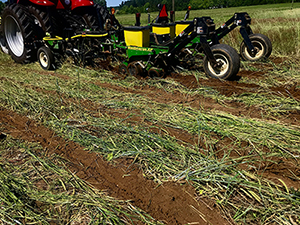
The tour will first stop at the Wye Research and Education Center in Queenstown, MD. They will discuss long-standing cover crop research trials and discuss the technical and programmatic history of cover cropping and incentive programs in Maryland. The next visit is Harborview Farms in Rock Hall, MD. CEO Trey Hill will discuss the cover crop innovation and “climate resilience” approach on their 13,000-acre grain operation. The final stop will be Mason Heritage Farms in Queen Anne, MD, a certified organic grain and vegetable operation, to learn about the integral role that cover crops play in their farming system.
Photo by Christianah Oladoye
Restoring Wetlands in a Rapidly Changing World – Christopher Craft
Large-scale restoration of freshwater wetlands can lessen the negative effects of agriculture on water quality by filtering sediment and nutrients from runoff. In urban environments, wetland restoration can be used to enhance wildlife habitat while, at the same time, providing opportunities for education and comfort from the often-frenetic lifestyle.
(This is a lectureship: William H. Patrick, Jr., Memorial Lectureship)
The Future of Agronomy
The session will examine the discipline of agronomy and where it must go to address the challenges confronting crop production to meet current and future food demand in a sustainable manner. What will agronomic science look like will be discussed, with emphasis on how it must change to be relevant over the coming decades for farmers, ag-related industries, policymakers, and in academia.
- Future of Agronomy at Land Grant Universities, Kendall Lamkey, Iowa State
- The Role of Agronomy in Developing Environmental Policy, Eileen McLellan, Environmental Defense Fund
- Are We Making Progress in Use of Crop Models to Support In-Season Crop and Soil Management Decisions, Haishun Yang, University of Nebraska-Lincoln
- Robust Spatial Frameworks to Accelerate Agronomic Technology Assessment and Adoption, Jose Andrade, University of Nebraska-Lincoln
- Soil Fertility and Plant Nutrition Research – Where Do They Go From Here? Achim Dobermann, International Fertilizer Association
- Hindsight and Foresight: What Were the Most Important Agronomic Science Contributions Since 2000 – and What Breakthroughs Are Needed by 2040, David Connor, University of Melbourne
- What Is the Ideal Curriculum for Today’s Agronomy Student? Donald Lee, University of Nebraska-Lincoln
- The Role of Agronomists in the Era of Big Data and Unlimited Computing Power, Juan Rattalino Edreira, University of Nebraska-Lincoln
Where Should the Water Go? A National Look at Prioritizing Water Optimization
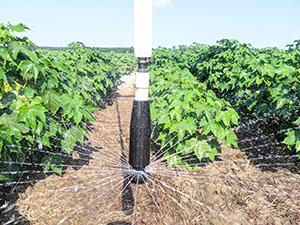 Mega droughts are plaguing parts of the U.S. The need for water optimization has never been greater. Experts will discuss the current situations and solutions in the eastern, southern, midwestern and western United States, featuring George Vellidis, University of Georgia-Tifton; Drew Gholson, Mississippi State University; Vasu Sharma, University of Minnesota; and Matt Yost, Utah State University.
Mega droughts are plaguing parts of the U.S. The need for water optimization has never been greater. Experts will discuss the current situations and solutions in the eastern, southern, midwestern and western United States, featuring George Vellidis, University of Georgia-Tifton; Drew Gholson, Mississippi State University; Vasu Sharma, University of Minnesota; and Matt Yost, Utah State University.
Photo by Udakakumar Sekaran
Considerations of Soil Health on Farms Across Regions of the United States
Soils play a vital role in food production, water purification, carbon and nutrient cycling, and climate modulation, among other. However, soils are at a constant threat of degradation or loss. Soil health can be defined in various ways but is said to be the capacity of soil to sustain plants and animals over time. Soil health assessment uncertainties exist between soil types, climate, and cropping systems due to spatial and temporal differences. This symposium will bring together soil health experts from four US regions to discuss regional challenges, opportunities, and vision for soil health approaches for agricultural systems. Experts will discuss the current situations and solutions in the southern and western United States, as well as Minnesota and Pacific Northwest featuring Sindhu Jagadamma, University of Tennessee-Knoxville; Jim Ippolito, Colorado State University; Hava Blair, University of Minnesota-Twin Cities; and Hero Gollany, USDA-ARS, Oregon.
Navigating Rapidly Changing Global Fertilizer Markets
This symposium will review global fertilizer and crop market fundamental drivers, discuss implications for fertilizer economics and pricing, and the impacts of global drivers on local market conditions. Speakers will include industry economists and market specialists, crop commodity representatives, and university soil fertility and nutrient-management specialists. The symposium will conclude with a panel discussion representing different interest groups attempting to relate global market dynamics to farmer economics and decisions.
Presentations include
- Understanding the Complexities of Global Fertilizer Markets, Corey Rosenbusch, The Fertilizer Institute
- High Fertilizer and Commodity Markets Make for Challenging Grower Economics and Decisions, Gary D Schnitkey, University of Illinois
- American Farmers Face a Global Fertilizer Crisis, American Farm Bureau Federation
- Navigating Rapidly Changing Global Fertilizer Markets Panel Discussion, moderated by Alan Blaylock, Nutrien
The Convergence Among Food, Health, Agriculture & Science—Tamar Haspel, Washington Post
Effective communication to the public in food, agriculture, and science has a major role in potentially shaping human attitudes and health.
Tamar Haspel, writes an award-winning Washington Post column ‘Unearthed.’ Her speaking, writing, and publishing tackles key issues in agriculture, nutrition, obesity, the food environment, and do-it-yourself food procurement.
From a practical perspective she gardens, fishes, hunts, and raises her own chickens. This provides attendees a unique wholesome perspective that may challenge long-held assumptions. Her willingness to challenge us in how we think about the inter-relation among food, ag, and health—and communicating with the public—will be an asset to members of the Tri-Societies.
She has regularly been suggested as a speaker for A/C/S meetings. The session will entail speaking for ~30 minutes then she will be joined by one or two in-house A/C/S members/staff in a question & answers panel discussion for up to one hour. Ms. Haspel’s participation our Baltimore 2022 annual meeting directly contributes to our Communications & Public Engagement theme.
Not sure you want to register? Want to see what you might be missing out on?
Feel free to view the 2021 Preliminary Program.
Please note that this NOT the platform that you will use for the Annual Meeting in Salt Lake City. -->
General Information
Explore submission details regarding oral, rapid, poster, and virtual presentations.
Important Dates
May 25, 4:00 PM CDT
Early abstract deadline.
June 13, 4:00 PM CDT
Final in-person abstract deadline.
All in-person abstracts must be initiated and paid by this date. Submissions can be edited through November 1.
September 20, 4:00 PM CDT
Final virtual abstract deadline.
All virtual abstracts must be initiated and paid by this date. Submissions can be edited through November 1.


